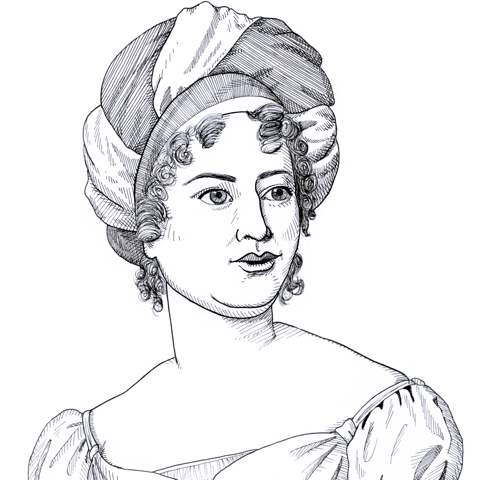
Madame de Staël on how liberty is ancient and despotism is modern (1818)
Found in: Considerations on the Principal Events of the French Revolution (LF ed.)
In her history of the French Revolution Madame Germaine de Staël (née Necker) (1766-1817) makes the important point that it is liberty which is “ancient” and much predated the rise of relatively recent and “modern” despotism, such as Napoléon’s:
Liberty
It is of importance to repeat to those who are the advocates of rights founded on the past, that it is liberty which is ancient, and despotism which is modern. In all the European states founded at the commencement of the middle age, the power of the king was limited by that of the nobles. The Diets in Germany, in Sweden, in Denmark before its charter of servitude, the Parliaments in England, the Cortes in Spain, the intermediate bodies of all kinds in Italy, prove that the northern tribes brought with them institutions which confined the power to one class, but which were in no respect favorable to despotism.